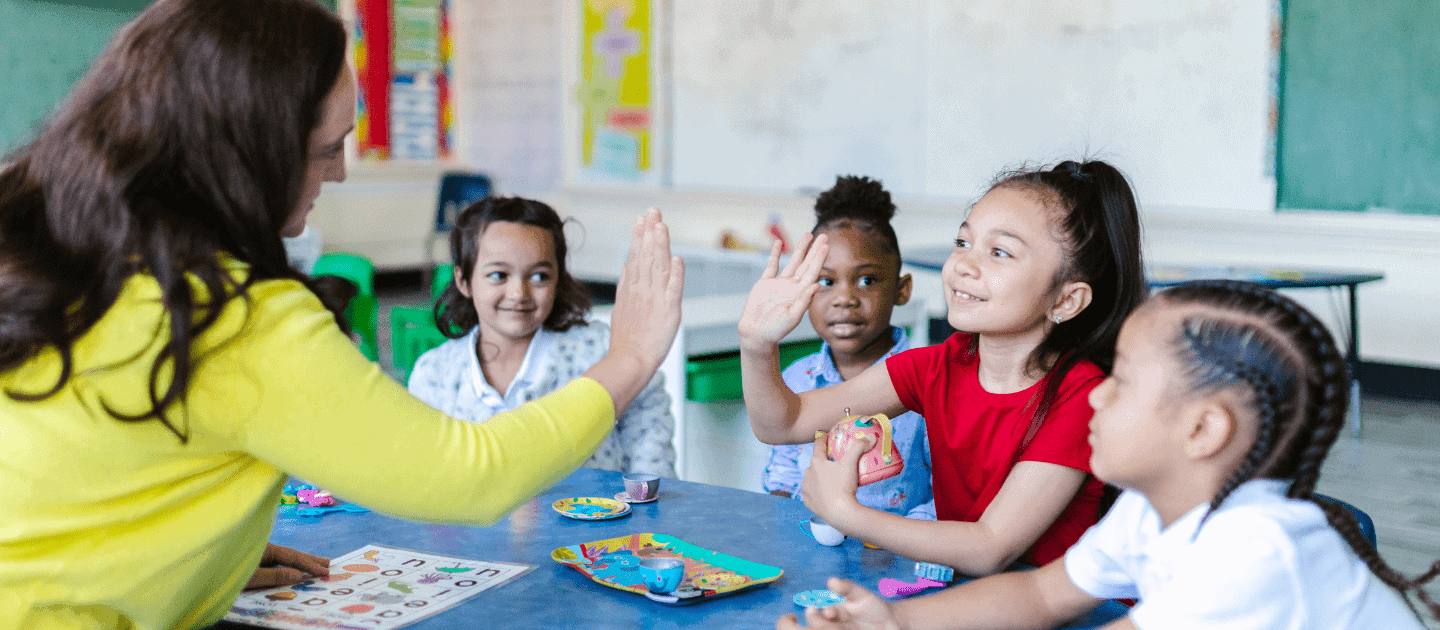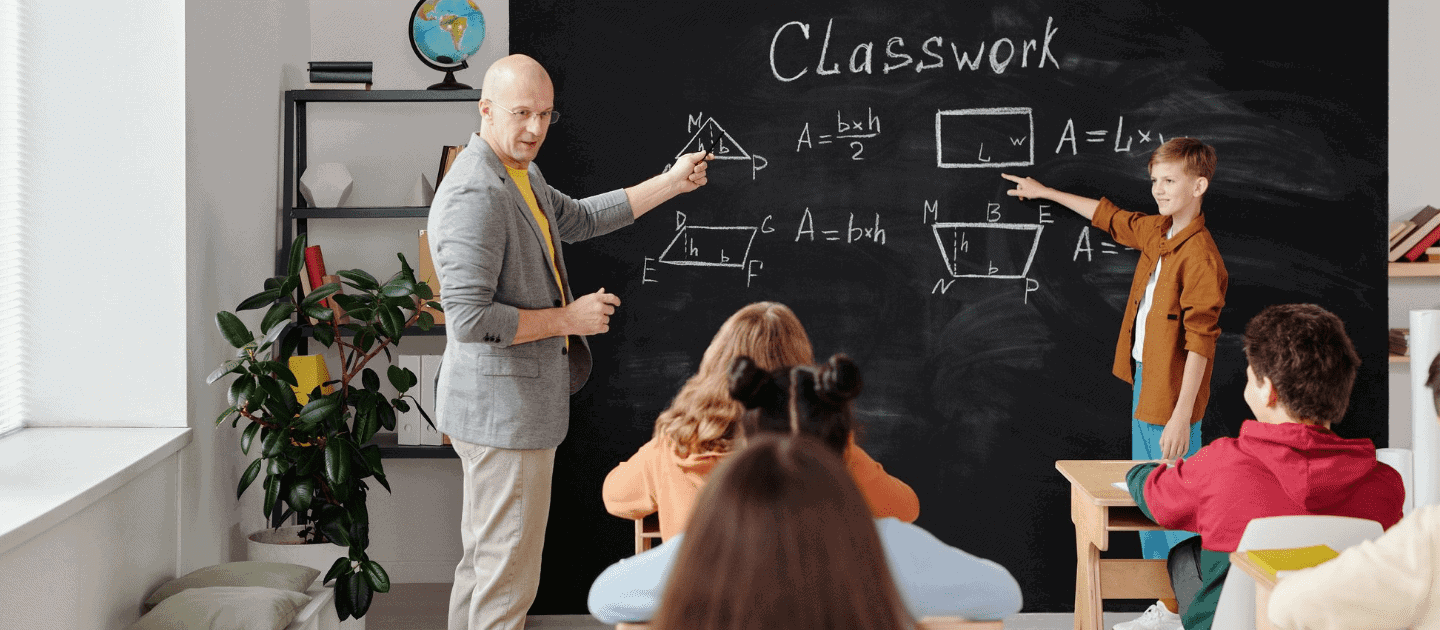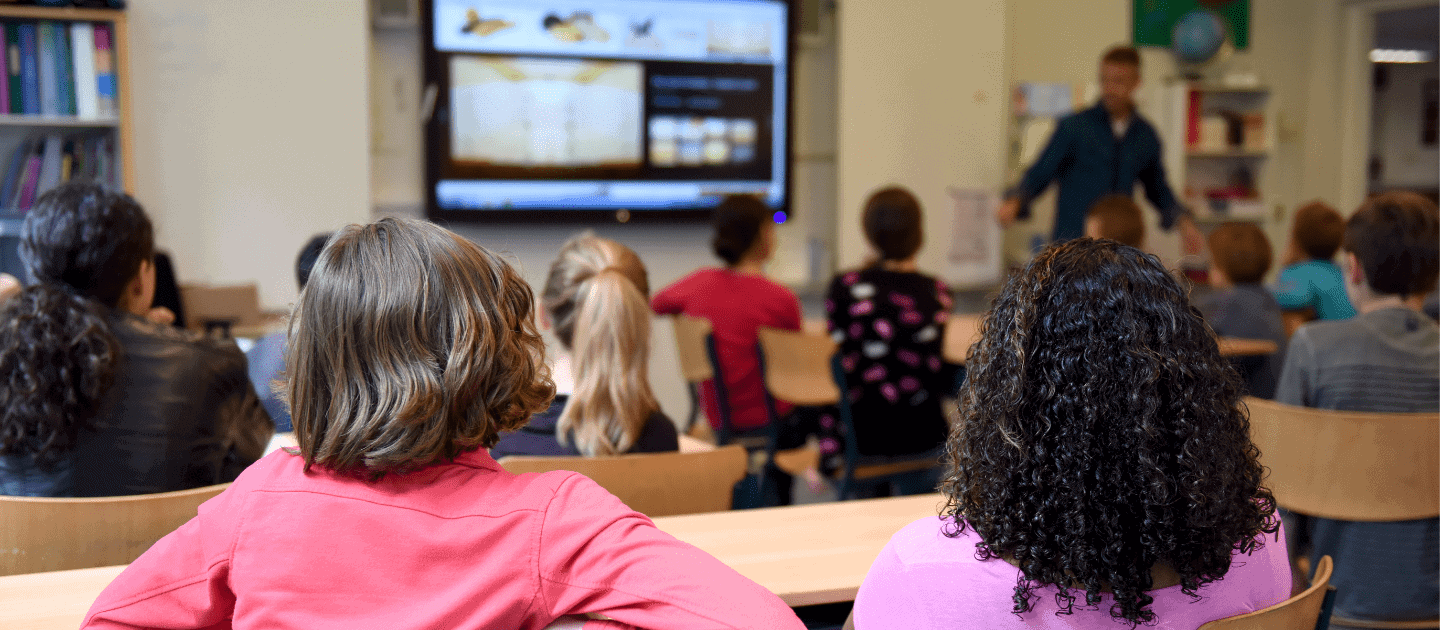Understanding How Family Professional Partnerships Skills are Taught to Teacher Candidates

Training for Family Professional Partnerships (FPP) skills in institutions of higher education is essential to provide special educators with the skills needed in supporting families and fostering an inclusive school culture.
Ci3T: Behavior is a Primary Concern of Teachers

When implementing a tiered model of prevention, such as the comprehensive, integrated, three-tiered model, it is important to attend systematically to the elements that can positively impact the success of the model.
Can the working conditions of teachers impact student learning?

Special educators who experience more supportive working conditions reported more manageable workloads, less emotional exhaustion and stress, and felt greater self-efficacy for instruction—contributing to more frequent use of evidence-supported instructional practices to address student needs.
Representation, Community, and Disability Identity: A Call to Action

Mueller illuminates key gaps in the present educational system that inhibits disability identity development.
How inclusion through social participation paves the way for special needs students in mainstream schools.

This study suggested that inclusion requires more collaborative learning environments and student-centred pedagogy.
The perspectives of Colorado general and special education teachers on the barriers to co-teaching in the inclusive elementary school classroom

Co-teaching has the demonstrated potential to positively impact the experiences and academic performance of students with disabilities in inclusive classrooms, yet numerous studies have demonstrated that without sufficient training, planning time, or instructional feedback, the potential gains are not consistently realized in practice.
The Use of Augmentative and Alternative Communication with Students with Multiple Disabilities

Students with multiple disabilities (SMDs) deserve the right to communicate effectively. One way to meet their needs is to implement Augmentative and Alternative Communication (AAC), an assistive technology that enhances their inclusion into general education classrooms.
The Impact Teacher Psychology Has on Educational Inequalities

Teacher attitudes, beliefs, and perceptions are critical in how they have the potential to contribute to or reduce educational inequalities.
What are effective approaches to improve a teacher’s technology skills?

Acknowledgment of the power of social media and one’s self-image in driving a teacher’s self-directed and informal professional development, in addition to teacher’s ability to improve their teaching and learning practices, positively influences informal training across an organization.
Strategies to Build a Positive Home and School Relationship: The Key to Student Success

Family engagement allows teachers to better understand and support their students.
